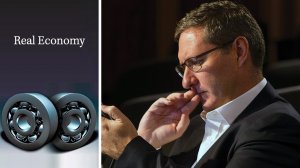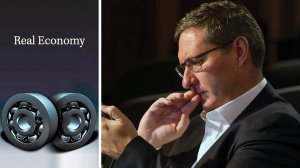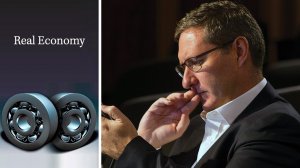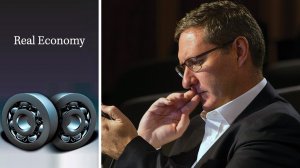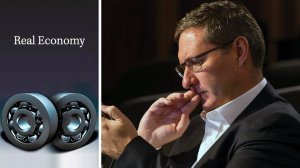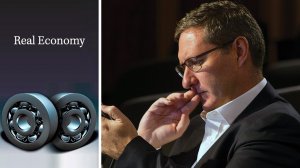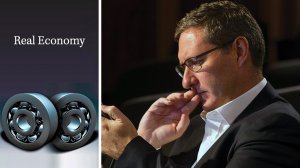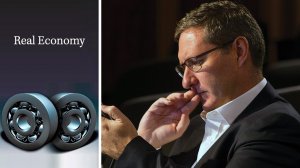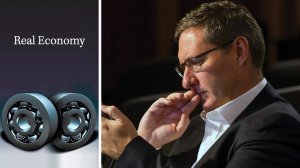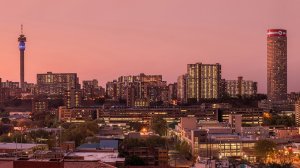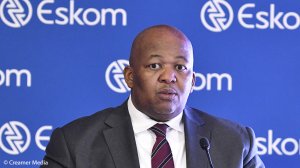Real Economy
Listen to the customer?
By: Terence Creamer 15th February 2019 One of the most hotly contested technical points debated during the National Energy Regulator of South Africa’s (Nersa’s) nationwide hearings into... →
Action louder than words
By: Terence Creamer 8th February 2019 Organised business is responding positively and proactively to President Cyril Ramaphosa’s decision to place higher growth at the heart of his... →
Gaping wound 
By: Terence Creamer 1st February 2019 The World Bank’s latest South Africa Economic Update contains a fact box headlined ‘What is the state of human capital in South Africa?’ that is... →
Missing element
By: Terence Creamer 25th January 2019 It has taken nearly ten years – and counting – for South Africa to update its Integrated Resource Plan (IRP) for electricity. The draft document is... →
The real challenge facing the Eskom task team
By: Terence Creamer 18th January 2019 The most recent financial and operational crises at Eskom have brought to the fore the serious economic risks associated with relying on an entity... →
Wood for the trees
By: Terence Creamer 14th December 2018 With so many urgent problems to deal with at Eskom, it has become difficult to see wood for the trees. As is to be expected in a crisis, the focus... →
Reality check 
By: Terence Creamer 7th December 2018 It is certainty not news to anyone that Eskom “as it is conceived and is operating today is not sustainable”. Nevertheless, that fact that... →
Eskom: reality versus conspiracy
By: Terence Creamer 30th November 2018 Albeit on the margins, the unfolding narrative suggesting that the current leaders within government and at Eskom are part of a grand conspiracy to... →
Spikes and opportunities
By: Terence Creamer 23rd November 2018 As an oil price taker, South Africa should be deeply concerned about the International Energy Agency’s (IEA) warning of possible “damaging price... →
Building bridges to future
By: Terence Creamer 16th November 2018 By circumstance rather than design, the end states of several of South Africa’s largest – and most troubled – State-owned companies (SoCs) are... →





